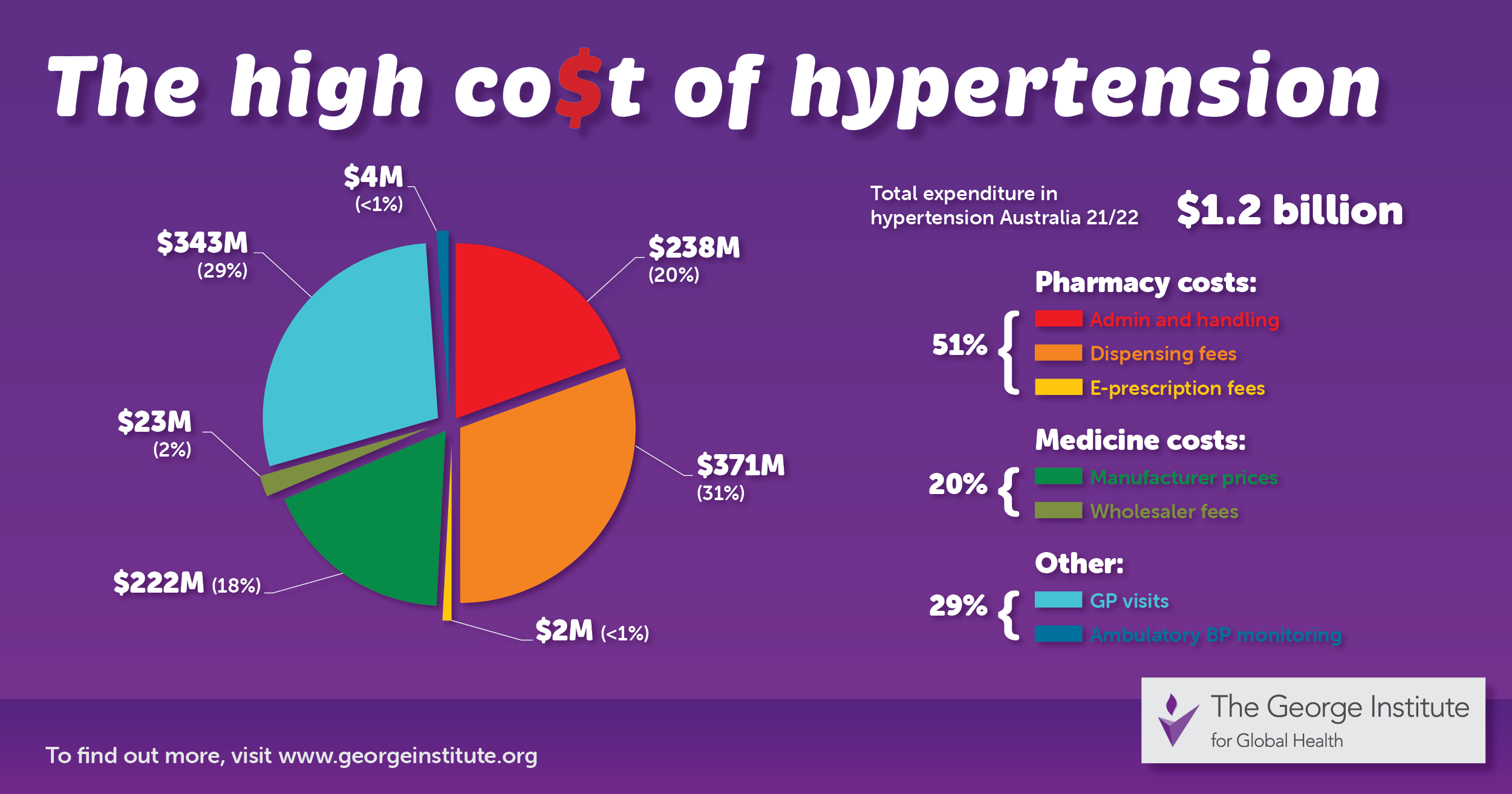The Australian Services Union (NSW & ACT) says the NDIS Review’s recommendation to introduce schemes for portable leave and training will help solve the high turnover of staff and chronic workforce shortages.
The Independent Review of the NDIS has focused on building a more responsive and supportive workforce.
The paper says the NDIS workforce will likely need to grow by 40 per cent, or 128,000 workers, by June 2025. Demand for care and support workers is projected to double by 2050.
Among the four recommendations is that the Federal Government work with states and territories, and the care and support sector, to design and trial a portable scheme for training as well as sick and carer’s leave.
Australian Services Union NSW & ACT Secretary Angus McFarland said it was reassuring to see these schemes recommended early in the review process.
“We have been strong advocates for a portable training and leave scheme and we fully support the Review’s recommendation,” Mr McFarland said.
“The NDIS sector has one of the highest attrition rates in Australia with up to one quarter of NDIS workers leaving and over half wishing to within the coming years. This is happening all while demand is growing.
“Disability support is increasingly being carried out by casual, gig work where employees are bouncing between employers, working full-time equivalent hours without the full-time benefits. Workers also have limited access to regular accredited training and career development opportunities.
“Without basic entitlements to training and leave, too many workers aren’t feeling valued enough to keep doing the incredible work they do.
“We need solutions that will attract and retain workers now and for generations to come. Having access to training opportunities and leave entitlements no matter where or how an employee works would reward, upskill, support and secure the workforce.
“High turnover of staff leads to waste of precious NDIS funds and less reliable support to NDIS participants. Turnover is costly to taxpayers and service providers.
“Hundreds of thousands of people with disabilities are relying on a dedicated, stable workforce. We need to invest in our workers to make the NDIS the best it can be.”







